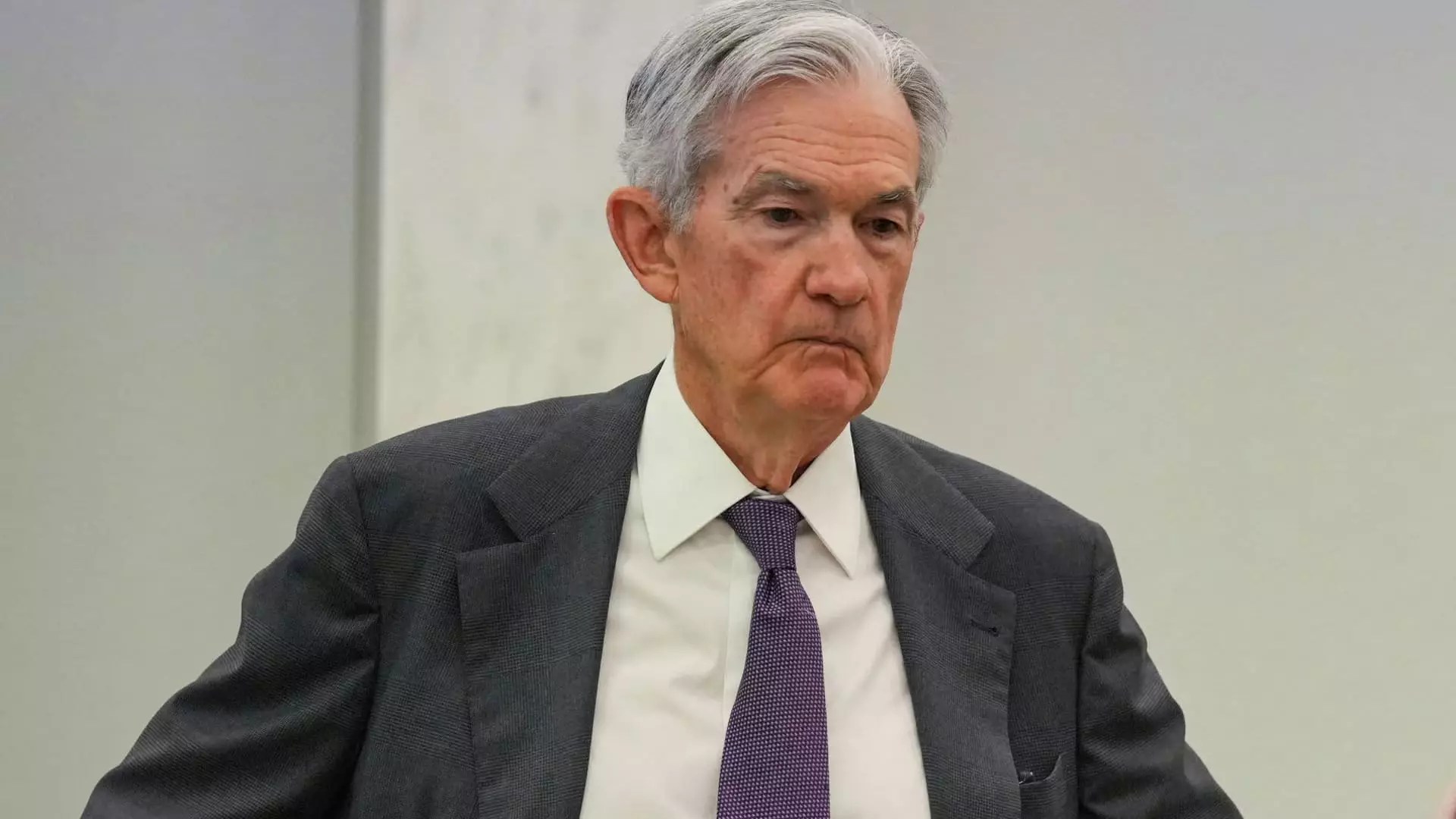In the complex realm of American economic policy, few institutions wield as much influence as the Federal Reserve. Yet, beneath its veneer of expertise and stability lies a fundamental flaw: the unchecked power of its leadership, exemplified by figures like Jerome Powell. While Powell’s tenure has been characterized by attempts at stabilization, recent moves and criticisms reveal a troubling tendency toward opacity and centralized decision-making that calls into question the legitimacy of the Fed’s independence. The discourse surrounding Powell’s potential departure or continuation only underscores the need to scrutinize whether the Fed truly operates in the public’s best interest or merely reflects the prevailing political currents. The fact that influential voices like Treasury Secretary Scott Bessent advocate for internal reviews but refrain from demanding Powell’s resignation illustrates a broader crisis—the institution’s governance is ripe for reform, not blind trust.
Political Influence and the Danger of Partisan Interference
The ongoing saga involving President Trump’s vocal dissatisfaction with Powell exemplifies the perilous intersection of politics and monetary policy. Trump’s calls for drastic interest rate cuts and his hints at removing Powell threaten the core independence that is supposed to insulate the Fed from political whims. Yet, the reality is, political interference has steadily encroached upon economic decision-making, eroding confidence in the impartiality of monetary policy. When leadership such as Powell’s faces pressure to bow to partisan agendas—such as easing rates in alignment with Trump’s strategies—the risk of policy manipulation factors into economic stability. A truly sound system mandates that central bankers operate within a framework of accountability and integrity, not personal loyalty or political expediency. The current scenario, where leadership is questioned and external pressures mount, exposes the fragility of America’s monetary sovereignty.
Financial Oversight: A Conflicted and Overgrown Behemoth
Bessent’s pointed criticism of the Fed’s bloated expenditures, notably the controversial $2.5 billion building renovation, highlights a deeper systemic problem: the lack of rigorous oversight. When a government institution’s operational costs spiral into scandalous overruns, it signals a governance failure. The Fed’s expansion beyond its core responsibilities into vast administrative and non-monetary functions has only diluted its focus and accountability. The call for internal review, as advocated by Bessent, is not merely about auditing budgets but about redefining priorities and restoring credibility. The Fed’s growth—far from being a safeguard—becomes an obstacle to transparency and responsible stewardship. It’s time for a reform that strips down excesses, reasserts oversight, and restores the institution’s rightful role as the guardian of monetary stability, free from political and bureaucratic bloat.
Balancing Independence with Responsibility
The discourse surrounding the Fed’s independence reveals a misperception: that autonomy from government interference equates to unchecked power. Figures like Michelle Bowman articulate a nuanced stance, emphasizing the importance of transparency alongside independence. This perspective is vital; it reflects the need for the Fed to be accountable to the American people while preserving its policy-making discretion. The challenge, however, lies in translating this theoretical balance into practice—especially when market expectations, political pressures, and internal institutional inertia threaten to distort its functioning. The market’s anticipation of potential interest rate cuts, in the face of policy stalemates, underscores the importance of clear, transparent communication. Without genuine accountability, independence risks morphing into insularity that favors institutional interests over those of taxpayers and consumers.
The Urgent Need for Reform and Leadership Clarity
The ongoing internal and external debates about Powell’s tenure encapsulate a fundamental truth: the Fed’s leadership must be scrutinized, and its governance structure reformed. Whether Powell remains or departs, the core issue remains—how to ensure that the Fed’s decision-making aligns with economic stability and democratic values rather than political expediency or institutional inertia. The broader imperative is to implement checks and balances that prevent any single leader or faction from wielding disproportionate influence over the nation’s finances. The current environment of mixed signals and political turbulence demands a comprehensive reevaluation of how the Fed operates, who oversees it, and how its independence is preserved without losing sight of accountability.
The Fed’s future hinges on whether America is willing to confront these systemic flaws head-on or continue the dangerous dance of complacency and political manipulation. For those of us committed to pragmatic center-right principles, prioritizing responsible governance, fiscal discipline, and institutional integrity should be non-negotiable. Reckless economic experimentation under the guise of independence risks sowing chaos—something no country that aspires to stability and prosperity can afford.


Leave a Reply